When Is It Time to Replace Your HVAC System?
Striking a balance between good maintenance and replacing the HVAC system can be hard. You do not want to invest in a new system if the old one is perfectly good. But you also don’t want to wait too long to replace your HVAC. Luckily, there are some signs that indicate it might be time to get a new unit.
Higher Utility Bills
Your energy bills can fluctuate throughout the year depending on the weather. But if you notice that the cost of cooling or heating the property is much higher than the same time last year, then it might be time to get a new system.
As a system gets older, its efficiency will drop about 5 to 10 percent. However, if your energy bills suddenly spike, you might need to have a company come out to evaluate it. You may need extensive repairs to keep the system running, and it may be a better option to replace it with another model.
The efficiency of your system decreases over time because of normal wear and tear. As corrosion occurs inside and dirt builds up, a greater loss of efficiency can occur. A very cold or hot season might cause the cost of energy to go up, as well.
Older System
It is a good idea for you to replace the HVAC system every 10 to 15 years. Many times, the units made today are more durable than the ones that were made in the past. However, some of the major components might still deteriorate as time goes on. You can expect a typical lifespan of an HVAC system to be around 10 years. But if you do regular repairs and maintenance on it, you can often extend the lifespan of the system.
Another thing that can influence how cost-effective it is to replace an HVAC system is the kind of refrigerant that some older systems use. Because of federal regulations, the component R22 has started to be phased out since it could have a negative influence on the environment. This means that any existing R22 would have become much more expensive. If you have R22 in your older HVAC system, it might be too expensive for you to replace the refrigerant. In this case, you may decide that it is worth getting a new system.
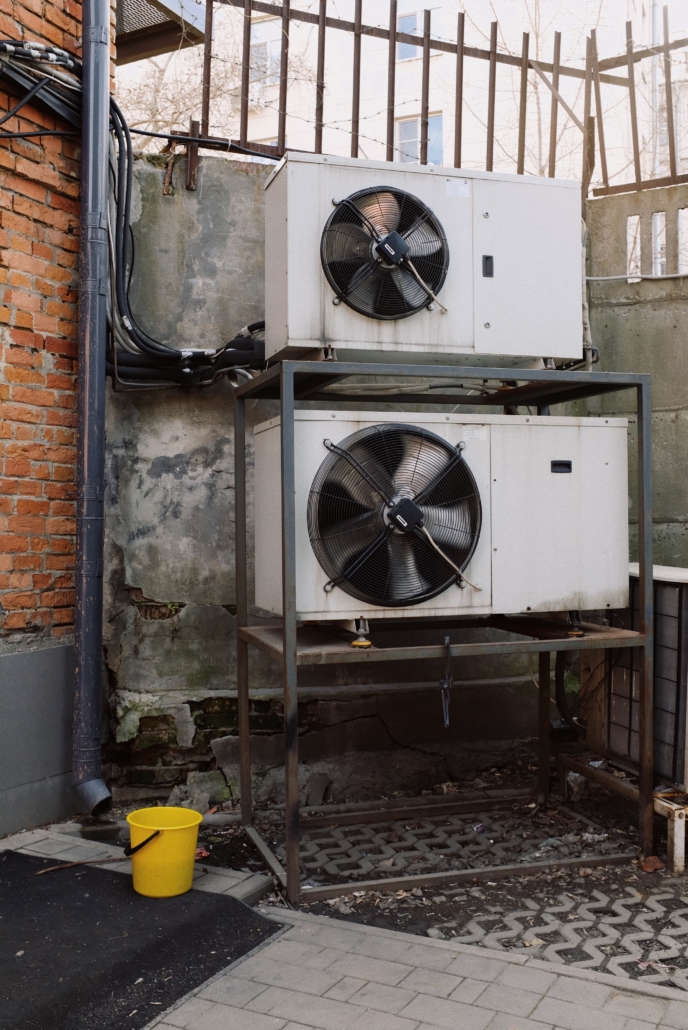
Increased Repair and Maintenance
Many HVAC systems need regular maintenance to continue to operate well. You might need to have certain parts replaced, such as the electrical switch or capacitor. But if the system begins to leak refrigerant or the compressor no longer works well, you might need to have extensive repairs that could make keeping the unit not worthwhile.
Instead of paying high repair bills, you might find that it is better to replace the system altogether. When you call in an HVAC company, you can get both a replacement quote and a repair quote, so you can make a more informed decision about when you need to replace your system.
Poor Climate Control
If you notice that one room in your home seems too warm but another one is very cold, you may need to replace your system. In some cases, aging systems do not have a high enough level of power to heat or cool the home efficiently. When this happens, energy costs can rise since your unit will need to run more to do the same amount of work.
Of course, the temperature is not the only important thing that your HVAC system controls. If the unit is not effective, there can be issues with too much dust left in your air. Or the humidity might increase in your home. Too much humidity can cause mildew and mold. If you notice these issues, you also should assess your home for inadequate insulation or air leaks.
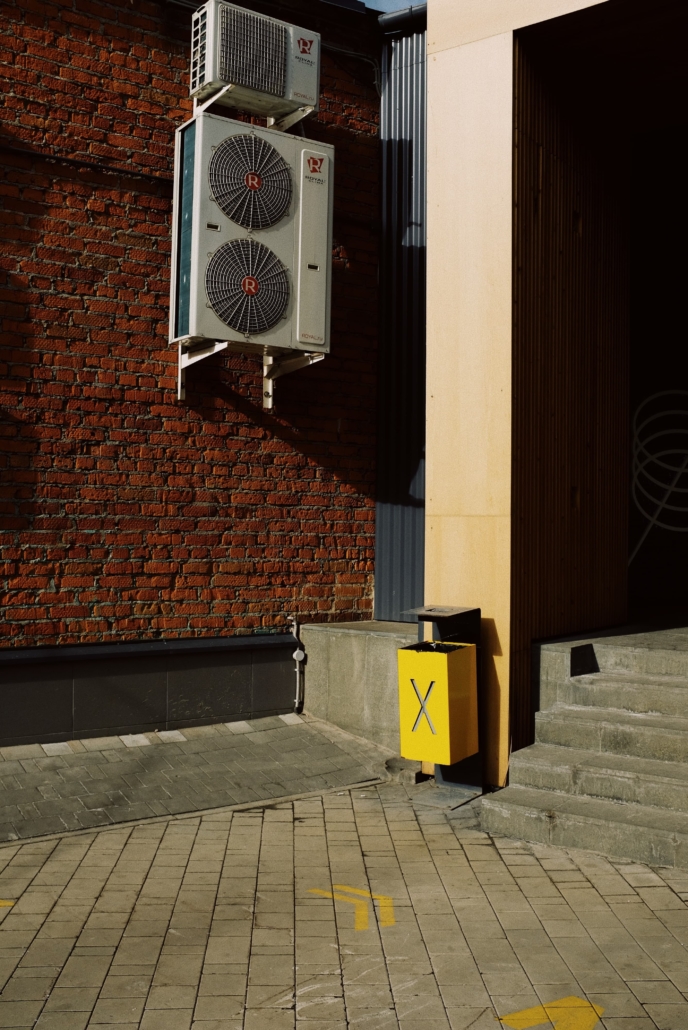
Closing Thoughts
When it comes to replacing your HVAC system, knowing the signs to look out for can help you to make a better decision. That way, you can save money by not having unnecessarily high energy bills. At the same time, you will also not end up paying to replace a system that can still be repaired.

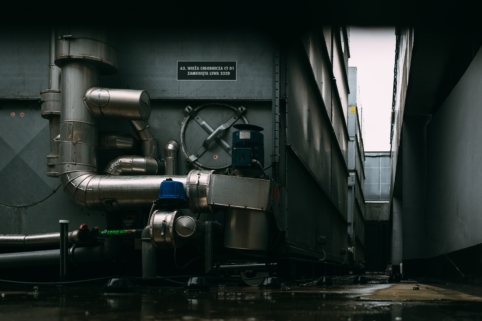
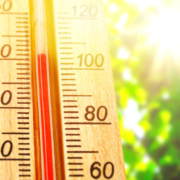
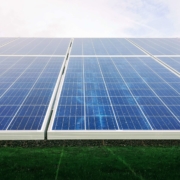


Leave a Reply
Want to join the discussion?Feel free to contribute!